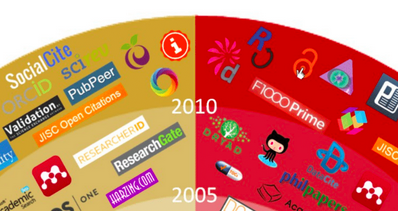Science Communication Course Seeks to Interrogate, Not Celebrate
Existing model of outreach that seeks to inform an ‘ignorant’ public is broken.
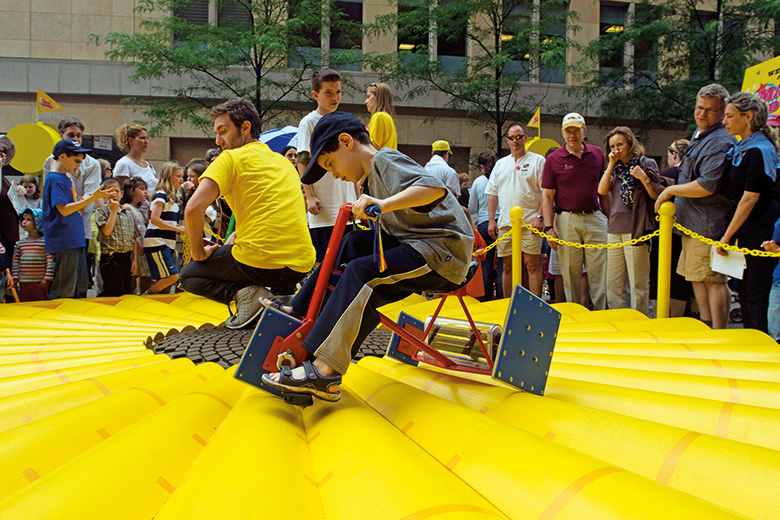
Send us a link
Existing model of outreach that seeks to inform an ‘ignorant’ public is broken.

Satirical academic social media accounts go serious to protest Donald Trump.

A battle for the future, basic decency, and the people we love.
Universities are facing a crisis of relevance. While there are multiple reasons for this to be happening, one that deserves particular attention is the extent to which academic scholars do not see it as their role to engage in public and political discourse. However, increased engagement is unavoidable in an emerging educational context where the calibre of public discourse has become so degraded and social media is changing the nature of science and scientific discourse within society.
This is one of our biggest failures as a scientific community — we haven’t done a good job of actually communicating with people about what we do.
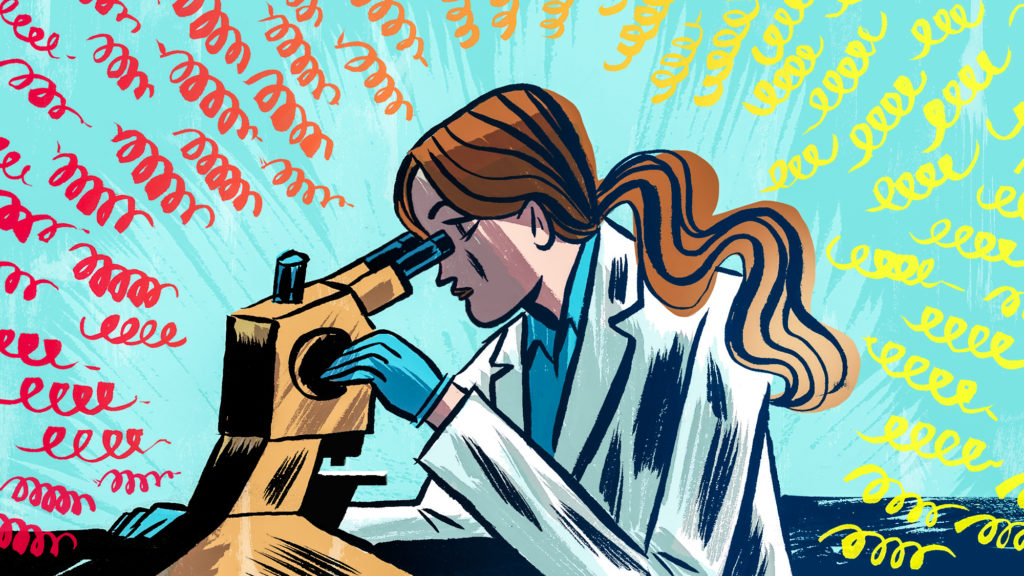
A new open-access journal that focuses on the importance of public engagement to research has been published.
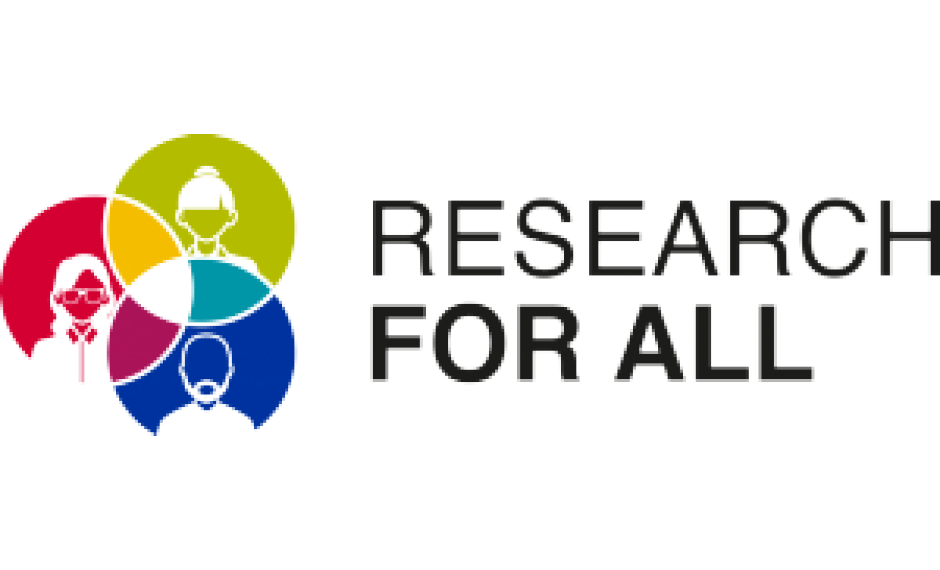
What Might Have Been Learnt From Discogs and IMDB
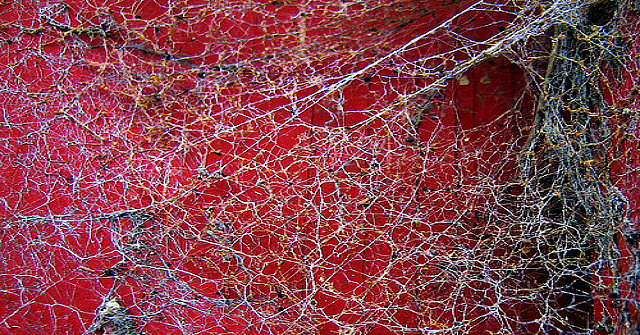
It’s vital to improve public trust in science and expertise. But science is increasingly complex, and getting harder to explain.

Do popular science articles make the public overconfident about their own expertise?

Despite frequent claims to the contrary, social media tools such as Twitter can be incredibly valuable for scholars.
In a sweeping manifesto, researchers from the U.S. and Europe have proposed some fixes for vetting published science. It might help science journalism, too.

Answers of the annual Edge.org question posed to leading thinkers and scientists.
Science popularization inclines laypeople to underrate their dependence on experts.
Evading science communication simply because it is difficult, time-consuming or not important enough reflects more on how much scientists value their own work and its place in posterity.

Debates over climate change and genome editing present the need for researchers to venture beyond their comfort zones to engage with citizens — and they should receive credit for doing so.
Searching Google Scholar in 16 languages revealed that 35.6% of 75,513 scientific documents on biodiversity conservation published in 2014 were not in English.
Reading popular science articles causes non-scientists to overrate their expertise, research finds
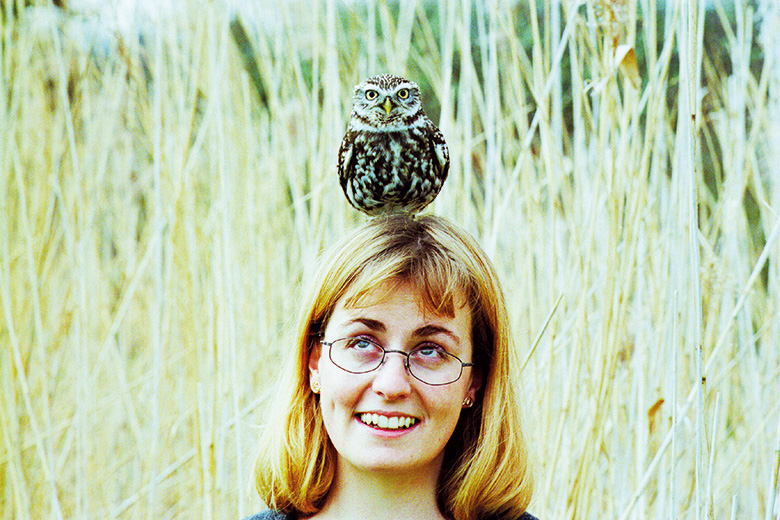
As the year ends, the Science desk of The New York Times asked its reporters to look back at the news they reported on that was the most memorable. These are their selections, with a focus on archaeology, biology, physics and space.
Fake news and "post-truth," which may have played a role in the 2016 elections, are also problems in science publishing and science journalism.

Eight ways labs benefit from the popular workplace messaging tool.

10 simple rules to help you get across the main idea of your paper.
A basic set of rules to improve figure design and to explain some of the common pitfalls.
Information graphics and the fight for science in Trump’s America

With the rise of Wikipedia as a first‐stop source for scientific information, it is important to understand whether Wikipedia draws upon the research that scientists value most. Here we identify the 250...

Writers from the Guardian’s science blog network pick out the books from across the cultural spectrum that delighted them most this year

Fellow Congress members should rely on peer-reviewed science, not fake news.

Scientists should challenge online falsehoods and inaccuracies — and harness the collective power of the Internet to fight back, argues Phil Williamson.
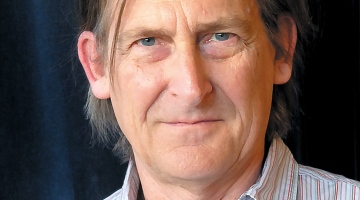
Stories about science, research, and being a scientist.
A few slides comparing ResearchGate, Academia, Mendeley and others.
